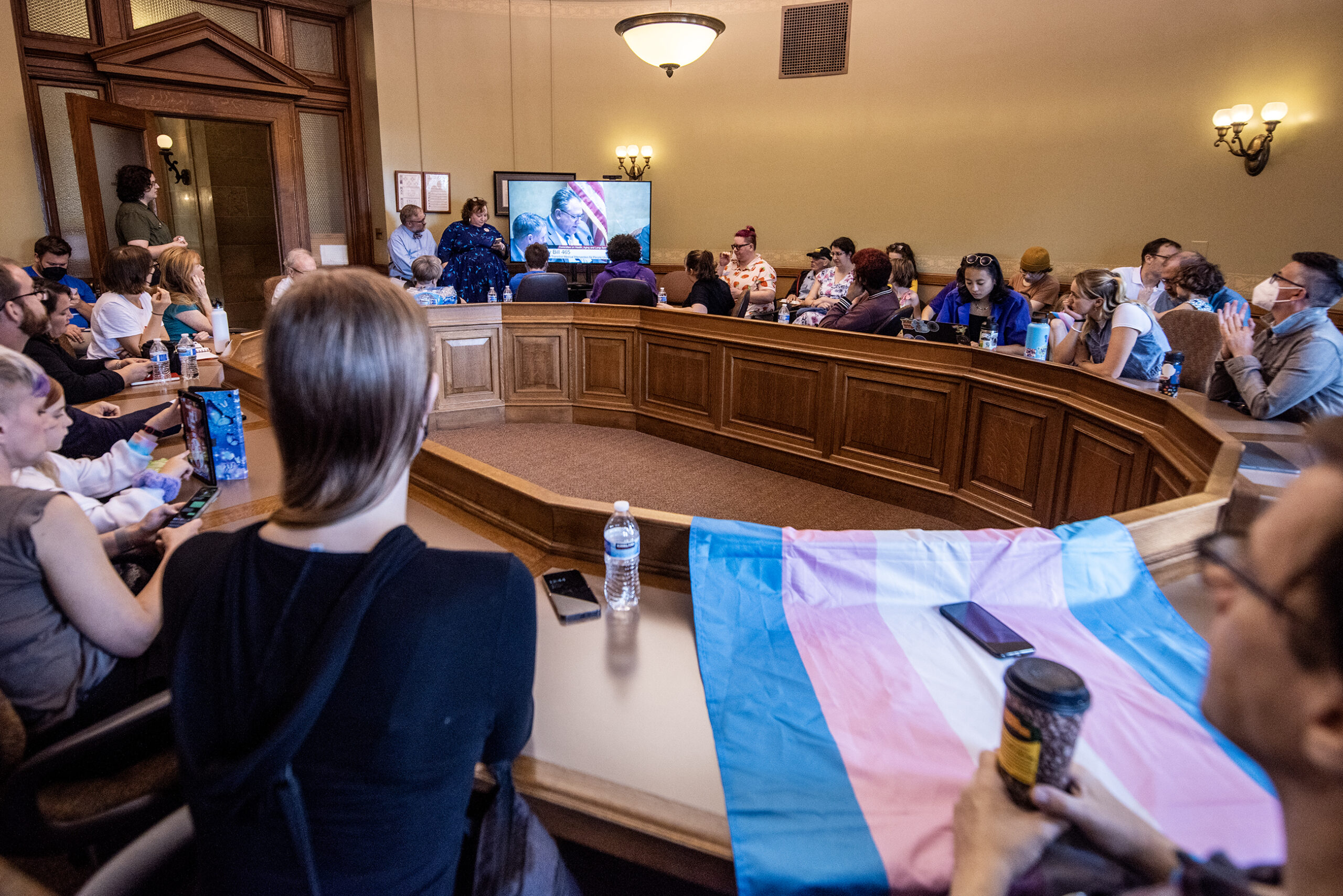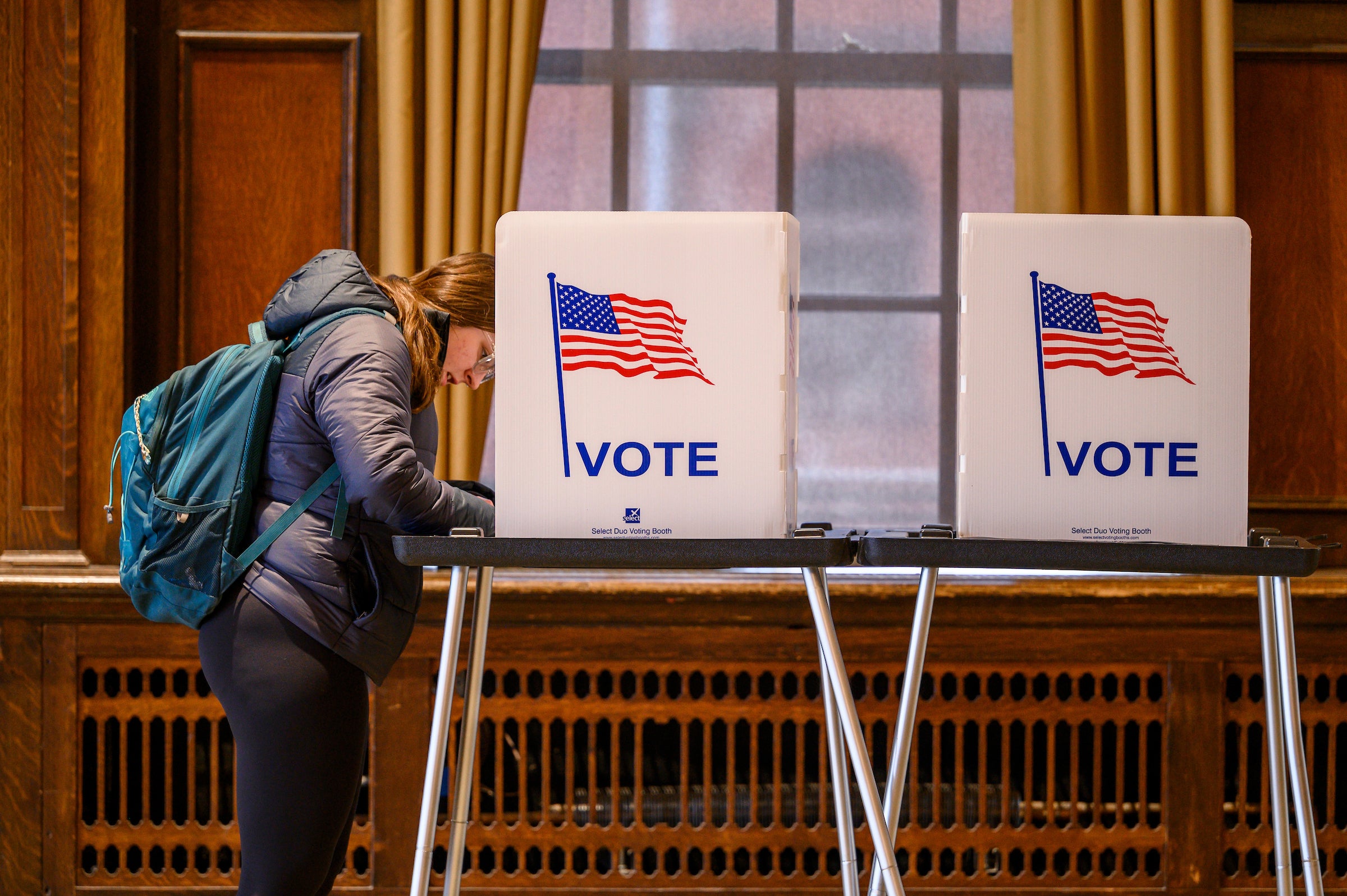Amid a flurry of proposals during this week’s extraordinary session, state lawmakers approved changes to how Wisconsin’s economic development agency tracks job creation.
Under the bill now on Gov. Scott Walker’s desk, the Wisconsin Economic Development Corp. would no longer have to verify all job creation and retention figures submitted by every tax credit recipient before it verifies their eligibility to receive state money.
Current law requires WEDC to verify all of the information submitted by every company that has received state money. The new proposal would only require WEDC to verify a sample of information submitted by recipients.
Stay informed on the latest news
Sign up for WPR’s email newsletter.
However, recipients would also have to submit a statement attesting to the accuracy of that data it provided the state.
WEDC has come under criticism in recent years for problems tracking job retention and growth. A 2015 audit of the agency found it was not following state laws as it awarded grants, which led lawmakers to suspend its loan program. The Legislature reauthorized that program in May.
During his campaign, Gov.-elect Tony Evers said he wanted to eliminate WEDC. In response, state lawmakers gave themselves more control over the agency in this week’s extraordinary session. That includes more appointments by legislative leaders to the agency board and stripping the governor of his power to appoint its CEO.
Another change approved in lawmakers’ sweeping extraordinary session legislation would remove the state’s point person with Foxconn from the governor’s administration.
When Wisconsin signed its multi-billion dollar deal with Foxconn, the state created one full-time job within the governor’s administration to communicate with the company.
Under the legislation approved by lawmakers in this week’s session, that employee would be removed from the state Department of Administration, which reports to the governor, and put under the oversight of WEDC.
Procedurally speaking, the clock has yet to start for Walker to act on the bills.Walker must first call for the bills from the Legislature. Once he takes that step, he’ll have six days to act on them. If Walker does not call for the bills, they’ll be sent to his desk automatically Thursday, Dec. 20, and the six-day clock will start then.
Editor’s note: This article has been corrected to clarify how the bills will appear on Gov. Scott Walker’s desk and how many days he has to act on the measures.
Wisconsin Public Radio, © Copyright 2025, Board of Regents of the University of Wisconsin System and Wisconsin Educational Communications Board.





